Search
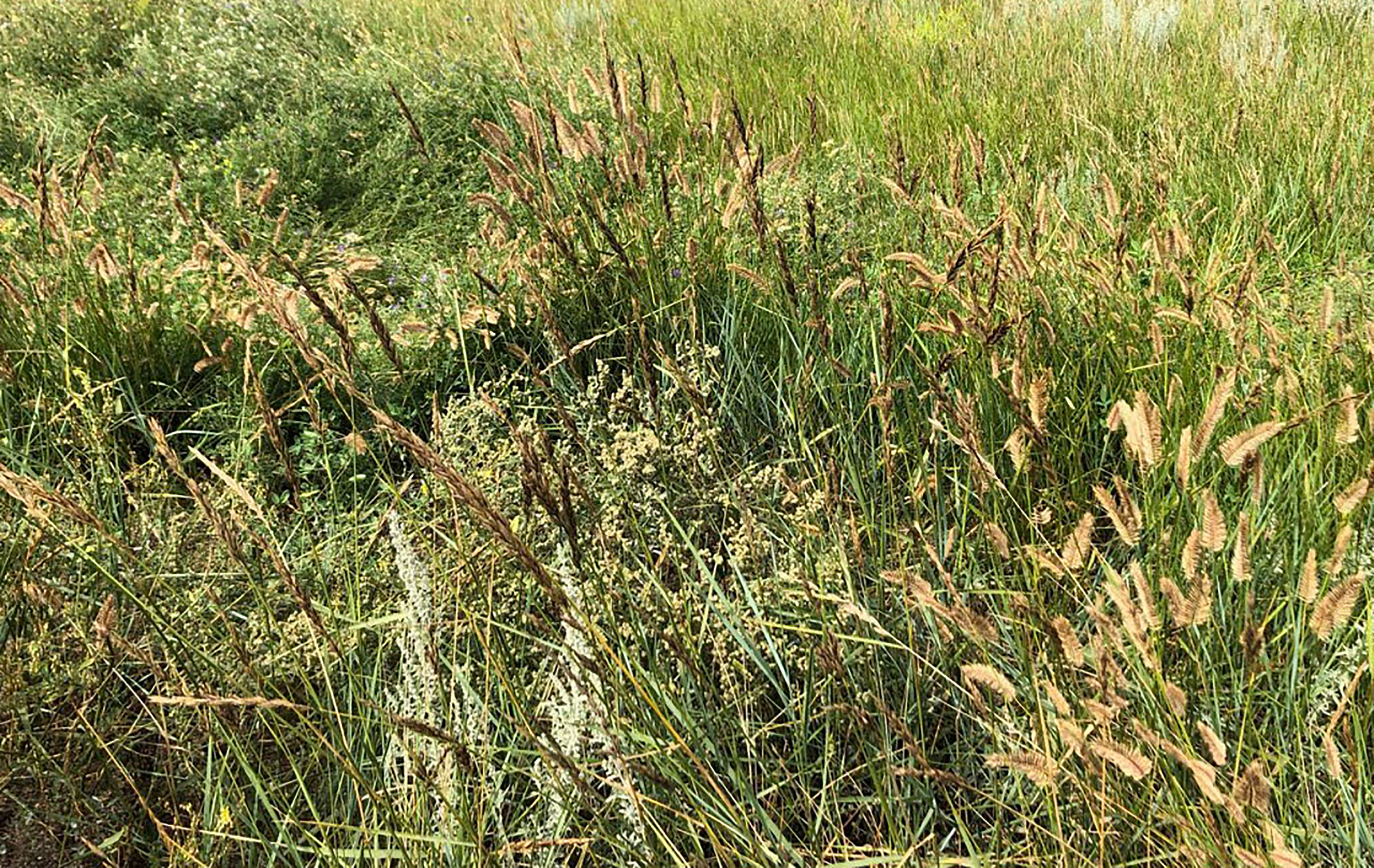
Ergot in Western Wheatgrass and the Potential Effects for Winter Grazing
2019 has been a year fraught with challenges for ranchers across South Dakota. Abundant precipitation is usually a blessing, however, wet conditions coupled with a cool spring followed by warmer temperatures has caused another problem across the rangelands of South Dakota: ergot poisoning.
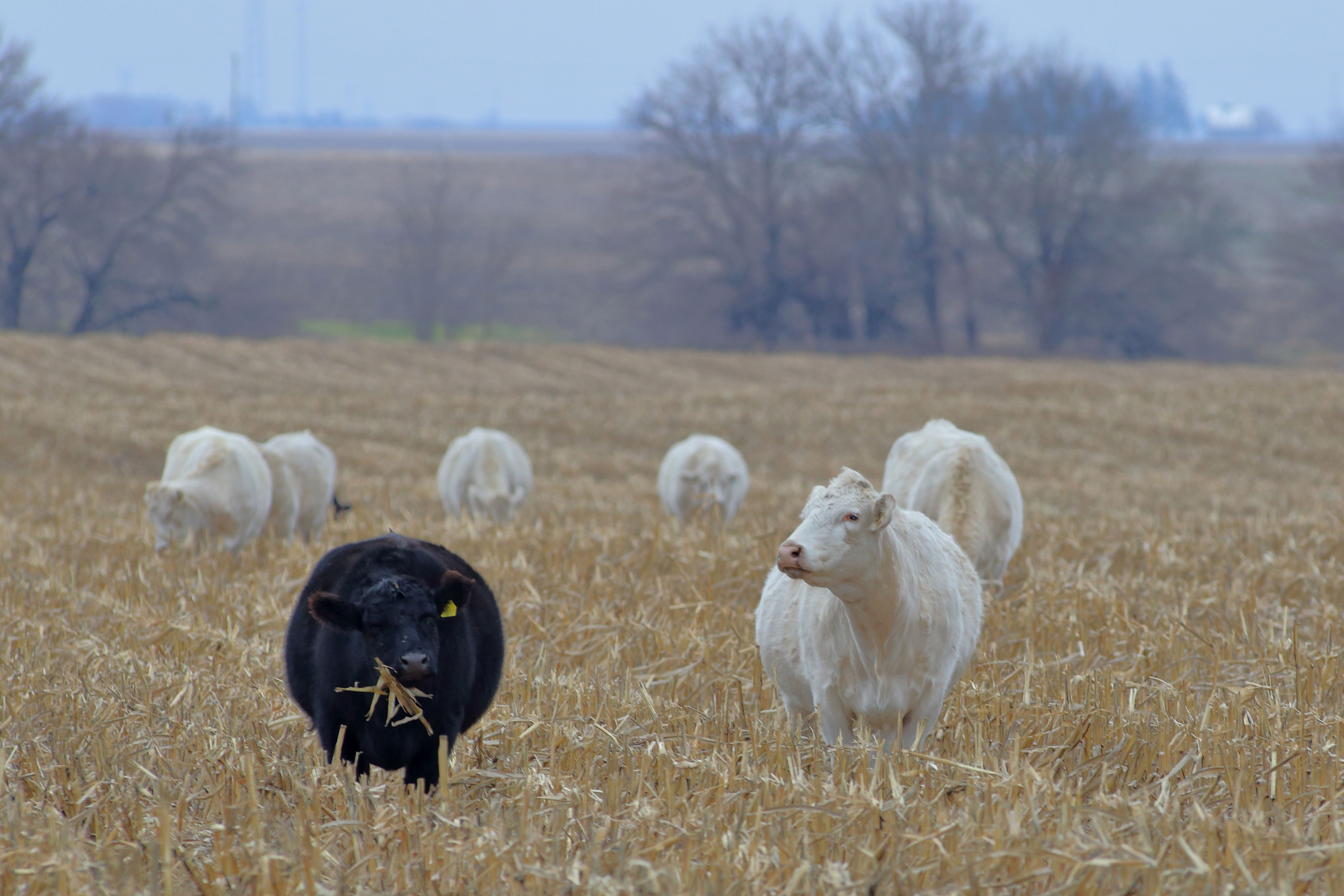
Farm Practices That Improve Soil Health: Integrated Crop-Livestock Systems
An integrated crop-livestock system can provide an alternative management strategy that benefits producer’s income, soil health, and the environment—all while increasing production.

Farm Practices That Improve Soil Health: Cover Crops and Crop Residues
Planting cover crops and returning crop residues (stover) to the soil both adds nutrients and improves overall soil quality. These practices are common with producers across South Dakota and have been recently studied by researchers to identify how they impact the release of greenhouse gases into the atmosphere.
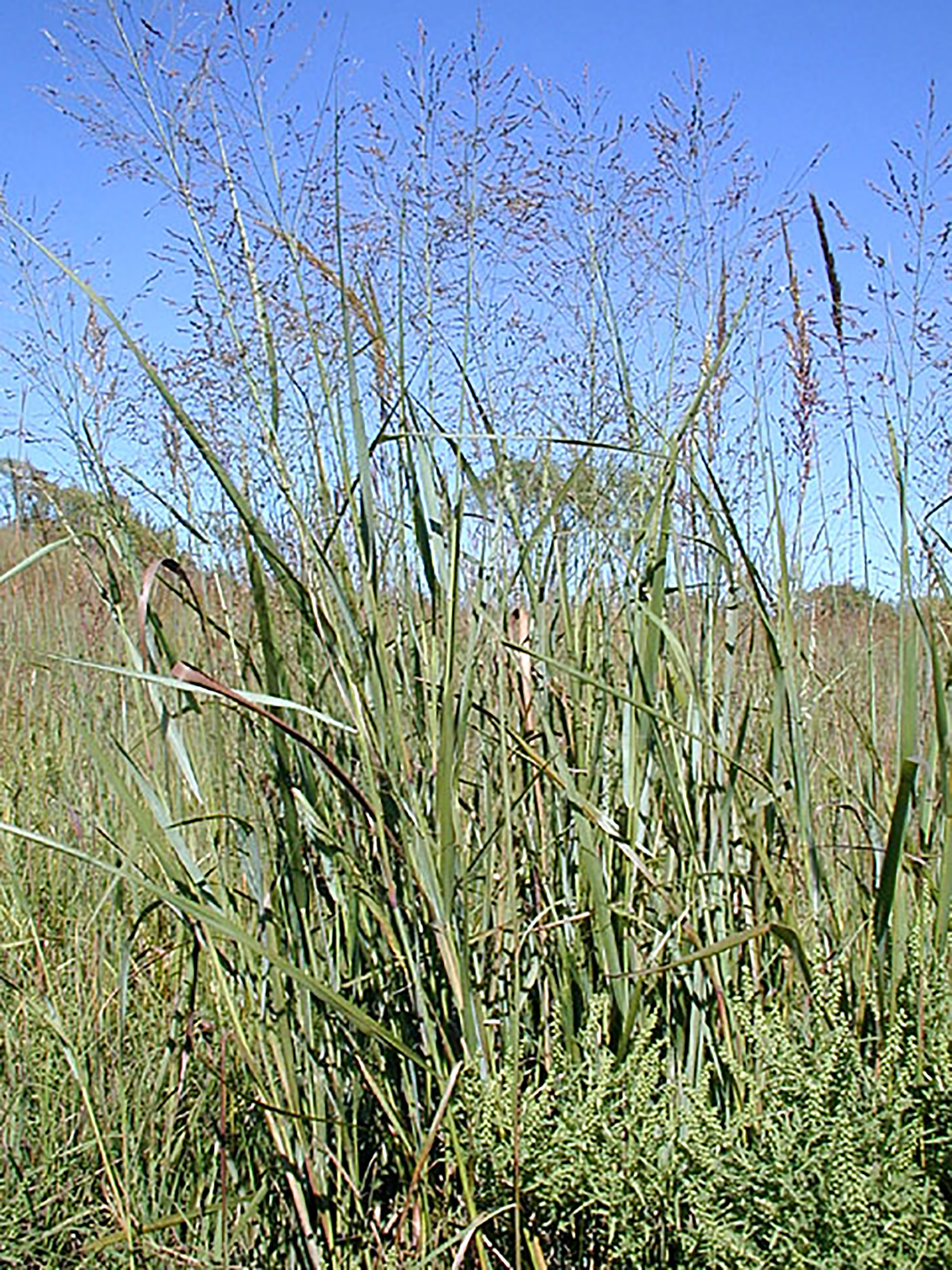
Farm Practices That Improve Soil Health: Planting Switchgrass on Marginal Lands
Switchgrass (Panicum virgatum) is a tall, native, prairie grass that is often seeded on marginal lands in South Dakota. It has gained growing popularity over the past decade not only as a source of biofuel and feed, but also as a method to improve soil properties.
![A green tractor planting seeds in a no-till field. Courtesy: United Soybean Board [CC BY 2.0] via Flickr](/sites/default/files/2019-10/W-00433-00-no-till-planting-soybeans-field.jpg)
Farm Practices That Improve Soil Health: Crop Rotations and No-Till
Implementing crop rotations and no-till practices are common suggestions to reduce erosion, control pests, and improve yields. These practices can also improve soil health through an increase in soil carbon levels.
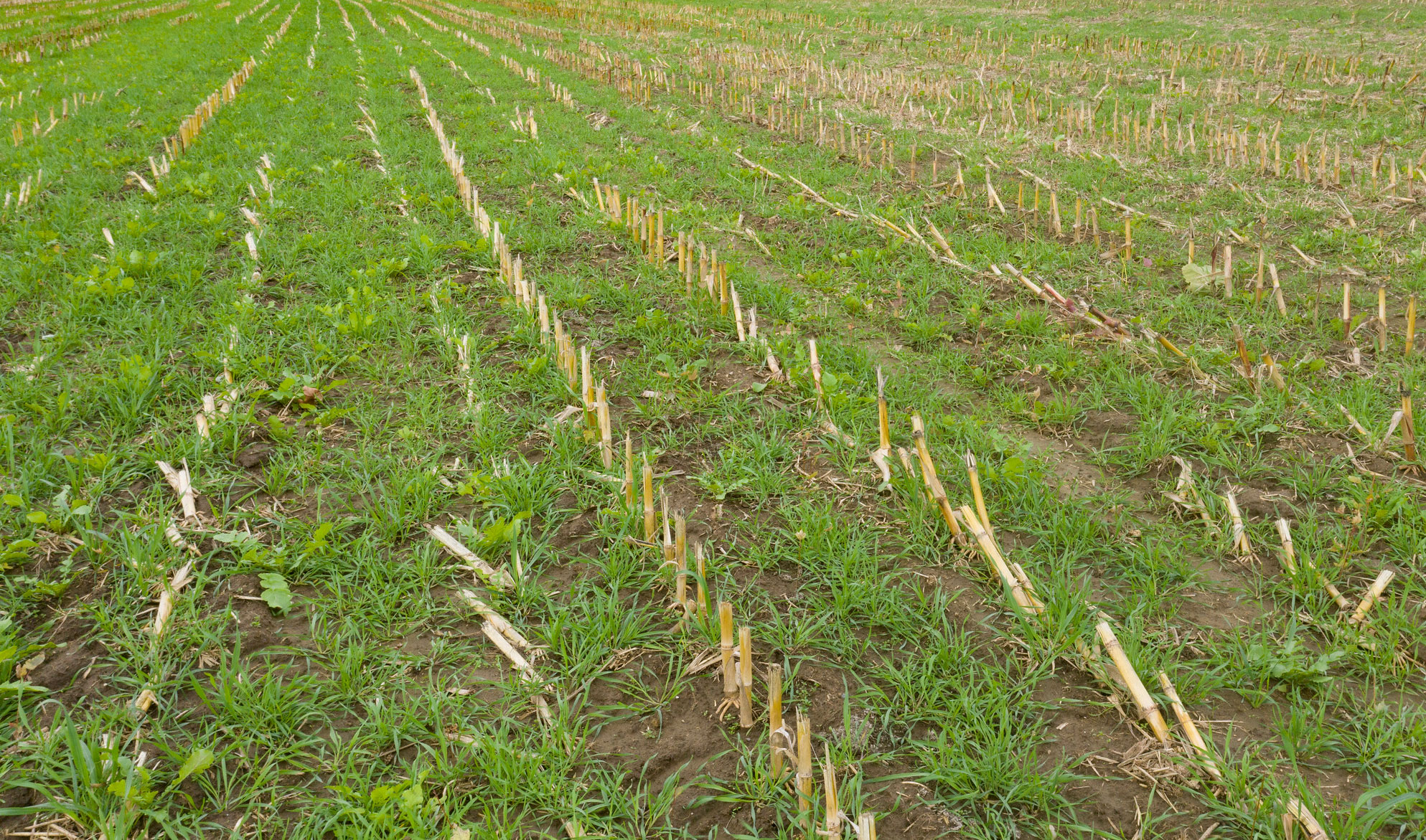
Utilizing Cover Crops for Grazing: An Assessment on Economic Benefits
Grazing cover crops by cattle provides an option to offset cover crop seed costs and increase farm revenue. To facilitate farmers’ decision making, this article will evaluate the economic profitability from grazing cattle on cover crops using a partial budgeting approach.
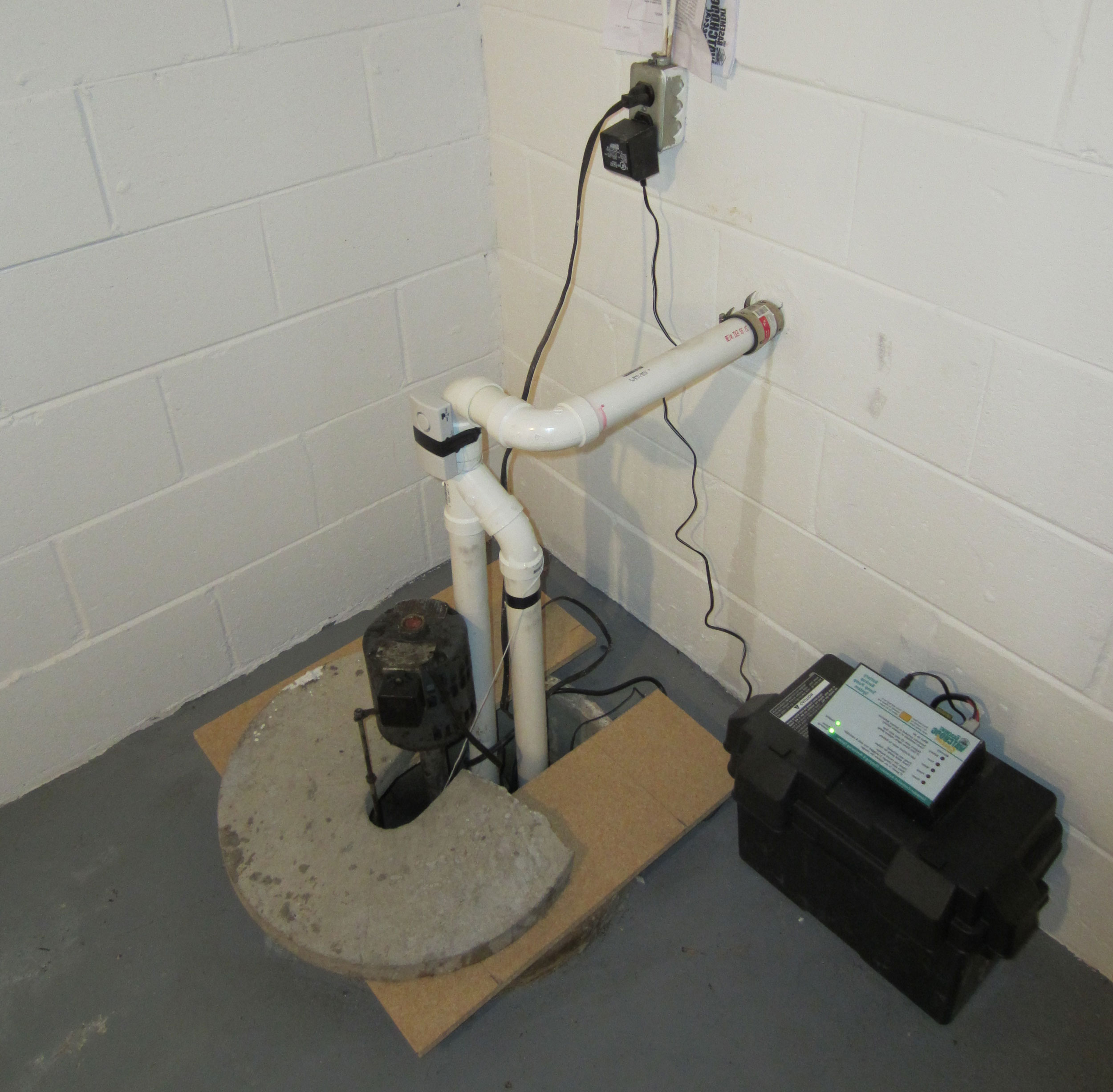
Flooding and Sump Pumps
For many homes with a basement or crawl space, a sump pump and drainage system can help reduce the risk of a basement flooding from high water table situations. Here are a few tips for making sure your sump pump is working as it should, and you are not causing problems for your neighbors downstream.

SDSU Extension Continues Outreach Efforts During COVID-19 Pandemic
April 03, 2020
While offices throughout the state are closed, SDSU Extension experts remain available remotely and encourage the public to reach out to them via email or by phone.
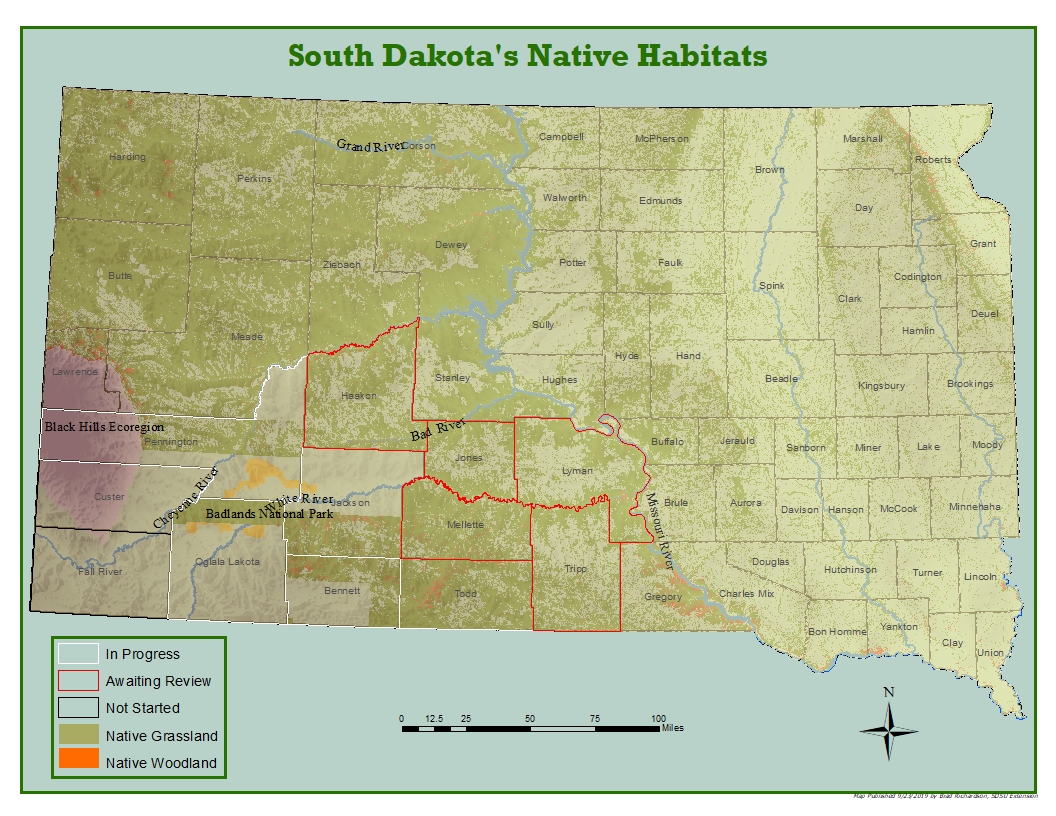
SDSU Extension Receives National Fish and Wildlife Foundation Award for South Dakota Native Habitats Study
December 21, 2020
An SDSU Extension native habitats research project recently received a National Fish and Wildlife Foundation award to support an ongoing effort to identify native habitats in South Dakota.
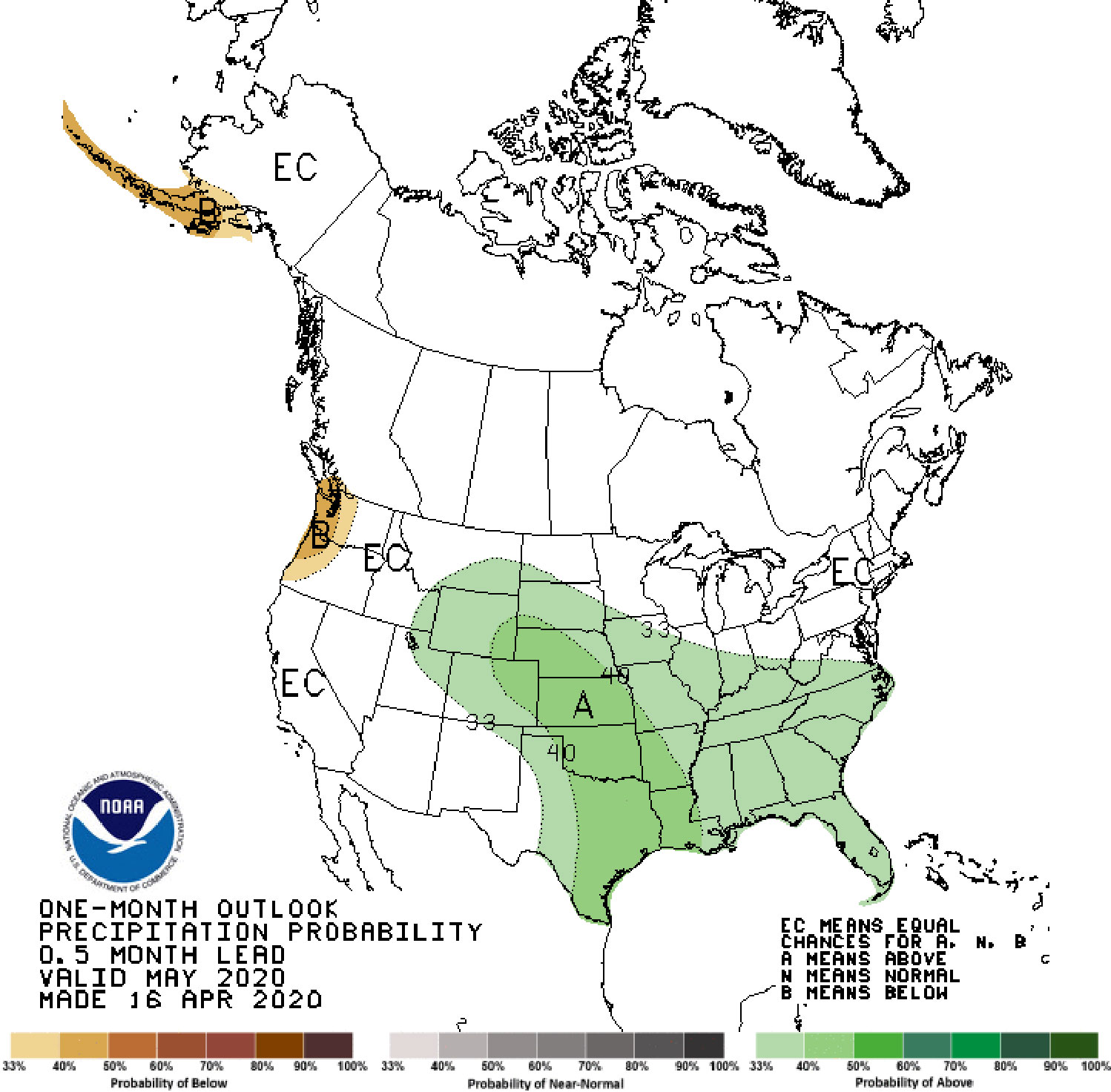
May 2020 Climate Outlook
On April 16, NOAA’s Climate Prediction Center released their climate outlook for May and the coming three-month period of May through July. There is a lot of uncertainty in the temperature outlook for the next one-to-three months in the Northern Plains Region.